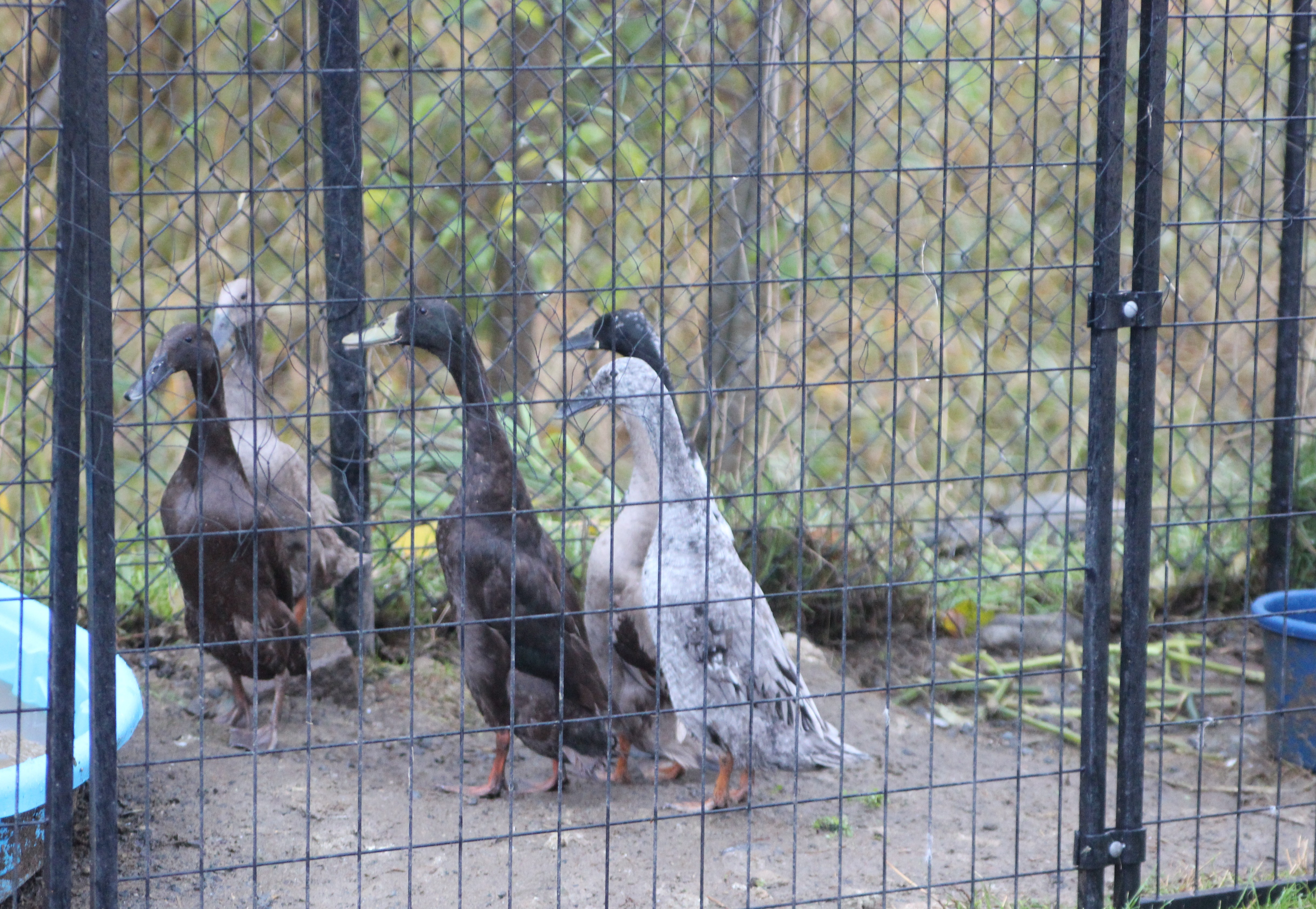As the winter months get colder, and more animals burrow or hibernate, the predators of the wild get extremely hungry. This hunger can lead them right to you, and your flock of poultry and other birds. Just the smell of chickens, ducks, or quail can have a predator come out of the wild, and into your own backyard. As a urban or rural farmer there are some protections that you can take in order to prevent one of your feathery friends from becoming a fierce predator’s tasty meal.
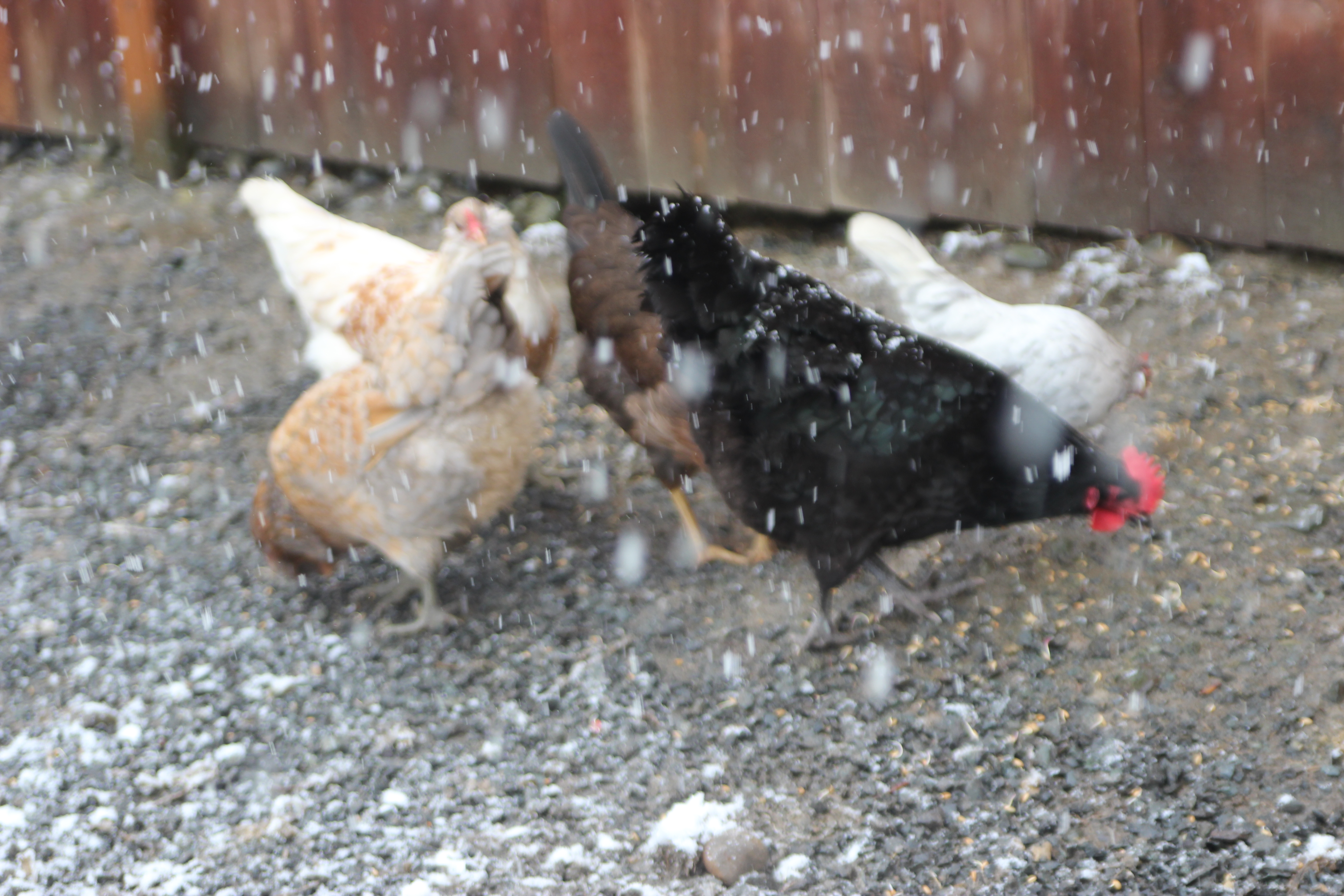
Predator proof pen
The best way to protect your backyard flock is to create a predator proof pen as much as possible. Different ways of doing this include digging fencing and wire under the ground in order to prevent digging, and providing a cover overhead to protect from birds of prey. No matter how secure the pen may be, it is imperative that you lock your chickens or other birds up at night. Chickens naturally roost at night, so you must provide a coop in which they can perch in. Once the chickens have put themselves up for the night, you can lock the door behind them. Just make sure that the latch is one that animals as clever as a raccoon can not figure out. Ducks are a whole other story as they tend to love sleeping out under the stars. For them, a dog house or other enclosure with a door will do. They need their house to be low to the ground, and they do not need roosting bars. Ducks may need to be trained to go to bed at night, and may resist it at first but it will keep them the safest in the long run.
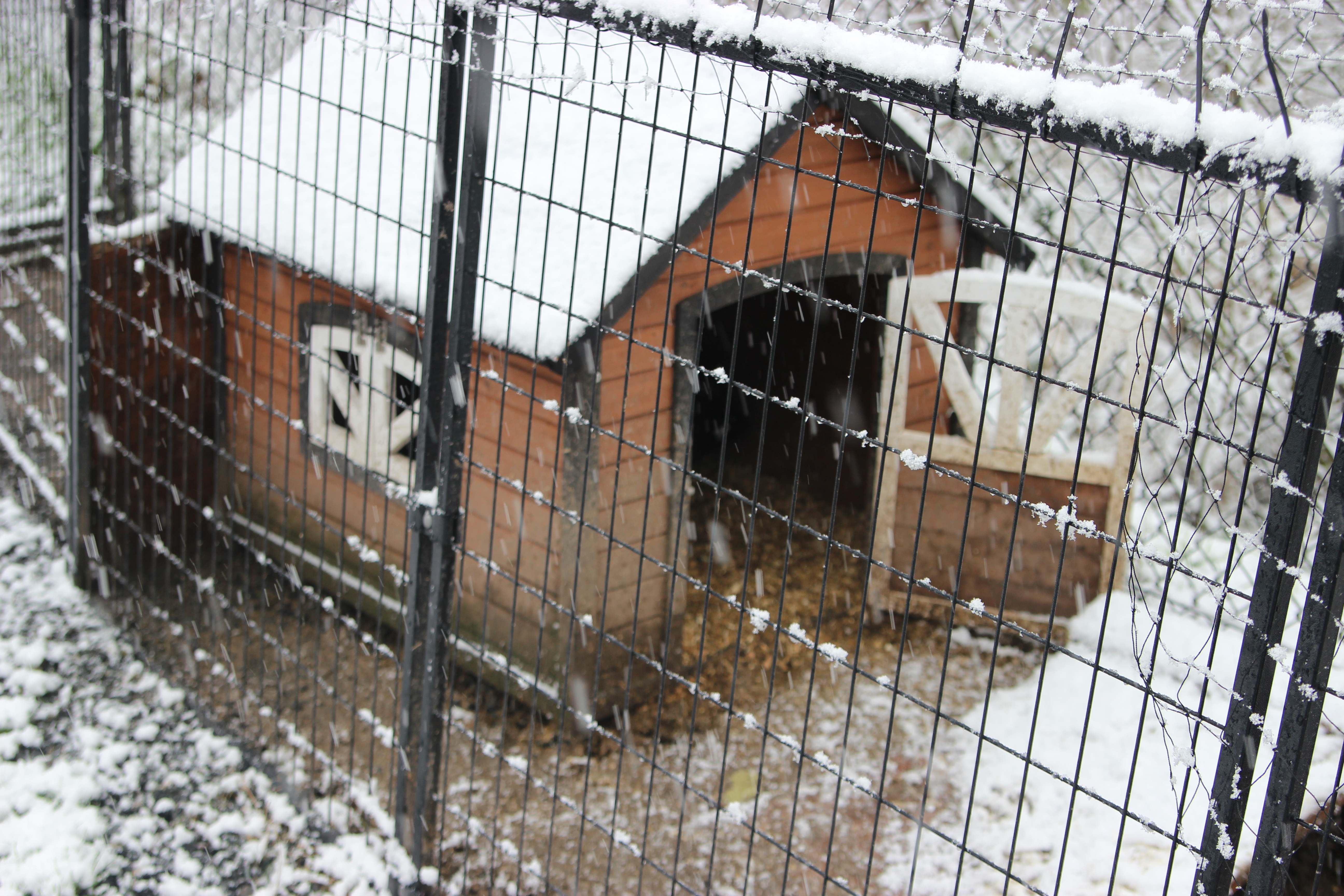
Predator eyes
Predator eyes is a product that charges with solar power in the day, and as two red blinking lights in the night. These two blinking lights can cause predators that want to eat your birds to figure that there is already a predator on the premises, and to leave your yard alone. The trick is to move the device around the yard otherwise the animals may decide they can come into the other areas of the yard where they never see the “glowing eyes.”
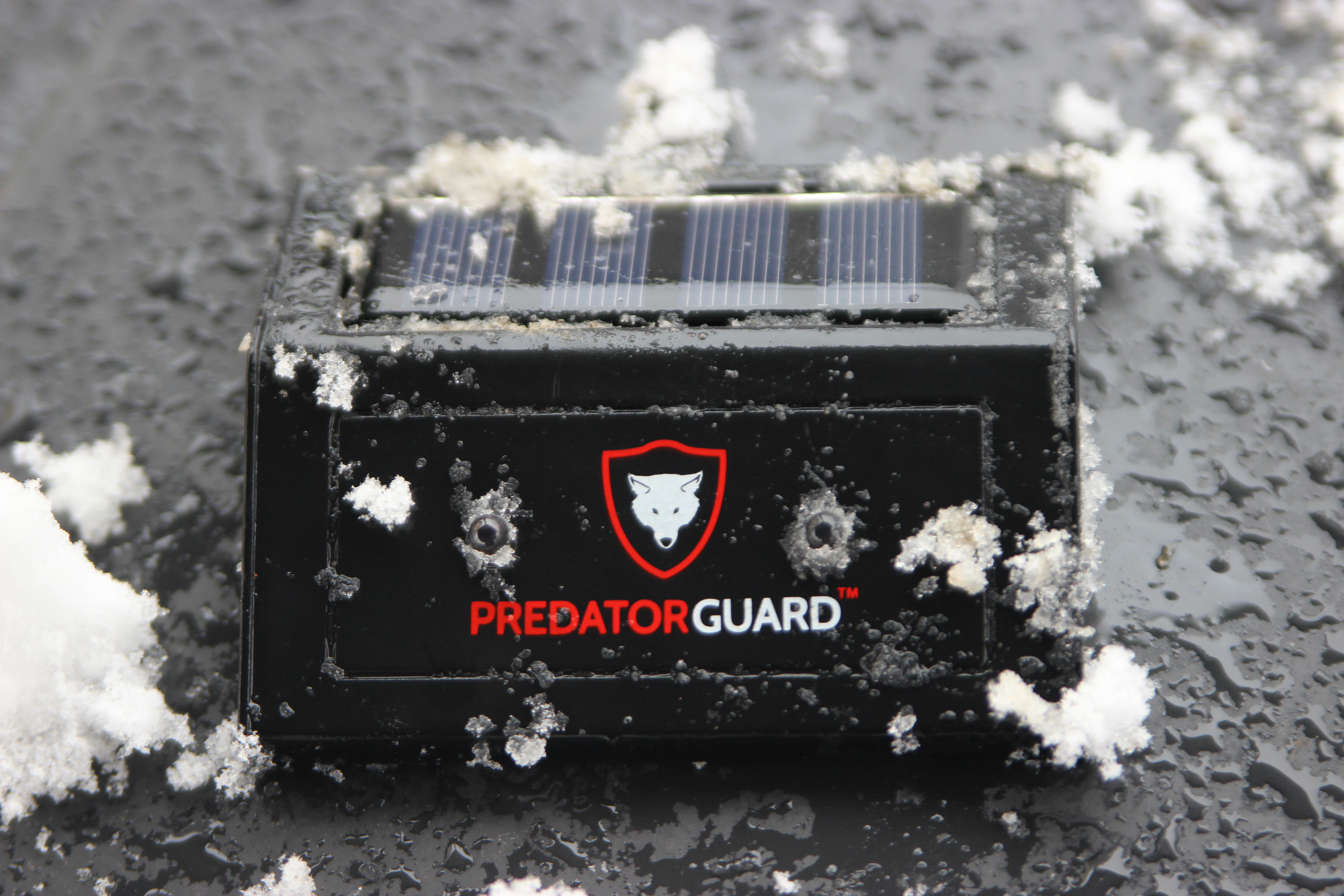
Live Traps
Some predators can be relentless once they have found that you have a great supply of meals for them in your own backyard. Raccoons, and opossums are especially known for returning to the scene of the crime once they have had one tasty meal at the cost of one of your dear animals. Sometimes the only way to prevent them from coming back is to trap them, and to relocate them. Live traps can be bought online or at an outdoors sporting store, or borrowed from the local animal control. Make sure to check the laws in your area before trapping animals. Bait that can be used is dog food, cat food, and even marshmallows. Once the creature has be trapped, you may have to relocate them miles and miles from your home in order to get them off the scent of your poultry. The other option is to dispose of the pests, but again check the local laws before doing so.
Pull up Food
Another pest that may enter your pens that is not there to kill one of yours is a rat. Rats are dangerous in others ways though. They can spread disease, attack your chickens, or steal their eggs. You also do not want them because they can cause your feed bill to go up as they fill their bellies as well. Different ways to get rid of them include traps, and poison, but that can be dangerous to your animals. The best way to prevent rats, and other pests is to simply put the chicken food up at night so that they have nothing to scrounge for.
Bird netting or hiding spots
Predators are not just limited to those that creep, and crawl in the night. Birds in the sky can also be dangerous. Hawks can swoop down, pick up your bird, and carry them off before you can barely bat an eye. They also return to the scene more than once if they have found that they can have a tasty treat. If you keep your animals in a pen, simple poultry netting can be attached over top in order to keep the hawks out. Just make sure that there are no gaps. I once went to check for eggs during the day, to find a hawk inside of my chicken pen. Luckily, I got there in time, and was able to chase her out. I did find that here was a small gap in the covering that I had over the top, and mended the problem right away. If you free range your birds, then make sure that there is plenty of shrubbery, and other hiding spots for your animals in case a bird of prey begins to circle overhead.
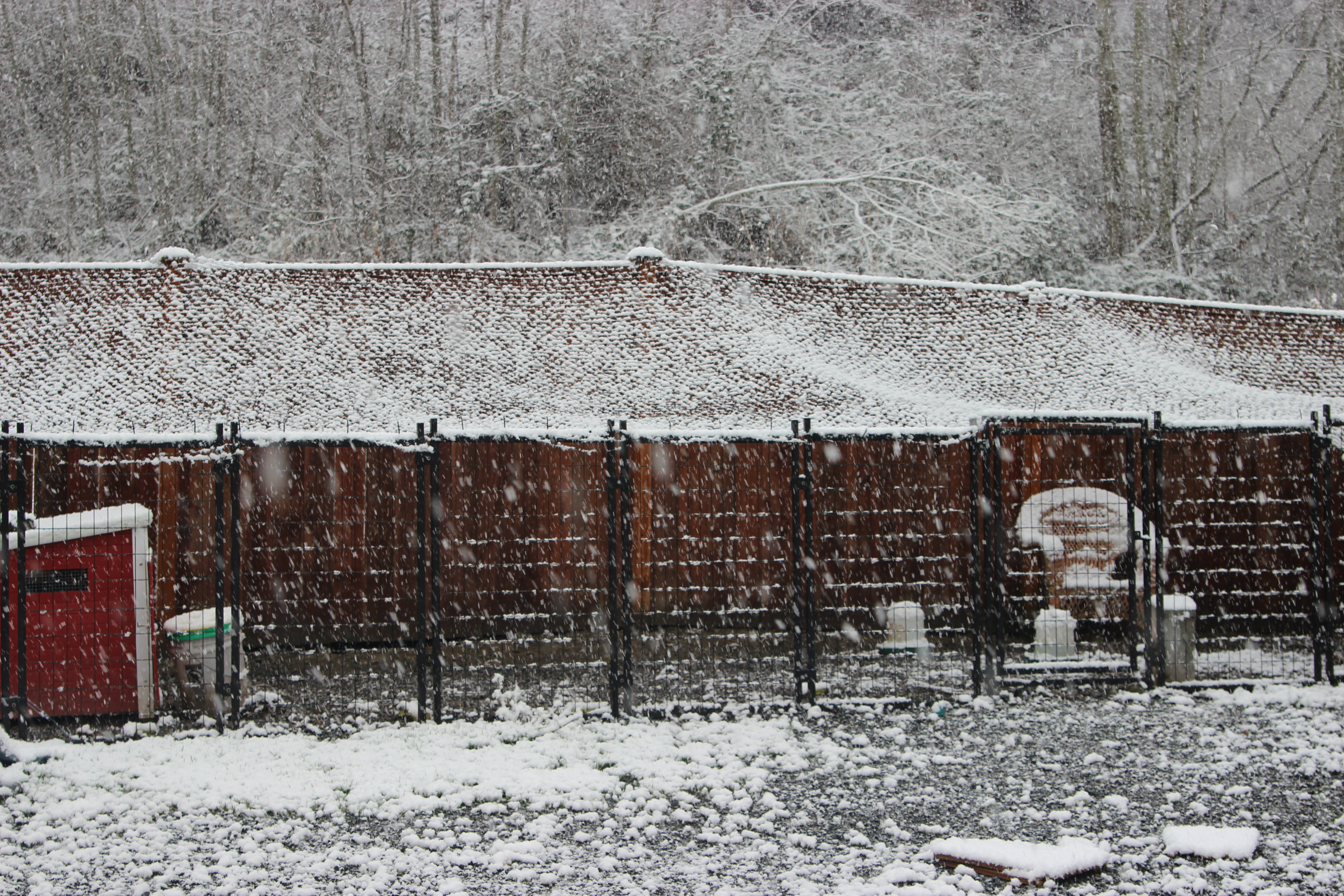
Livestock protection dog
One option in predator protection for many is to keep a livestock protection dog. There are quite a few breeds of dog that will work well at keeping any unwanted pests out. Make sure that either your dog is trained to abstain from eating your flock itself, or keep the birds and the dog separate. Just having the dog in the yard at night, will keep most pests away. However, if you live in the city, keeping a dog outdoors might be too noisy for others, since livestock protection dogs tend to bark at every neighbor, cat, or sometimes even every car that drives by.
No matter what options you try in order to keep your birds safe, just remember to be diligent. The winter months can feel long, and the predators can be persistent, but spring is coming, and even though predators can still come in the spring, it is not as tough to keep them out when they are not as hungry